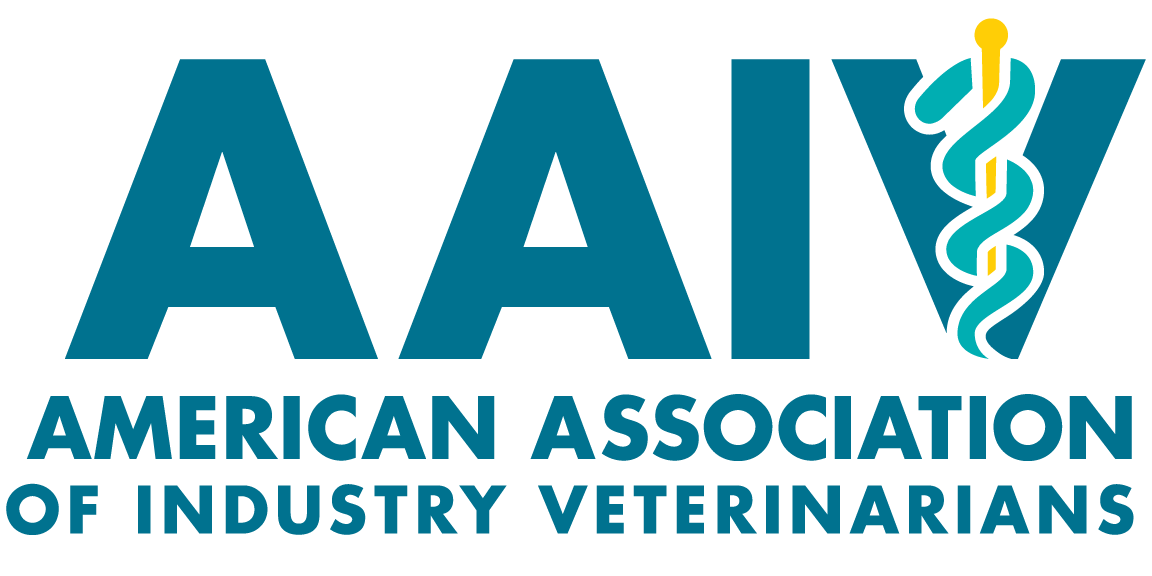Why It’s Smart to Be Open to Opportunity
By: Stacy Pursell
Why It’s Smart to Be Open to Opportunity in Your Career
The way in which you view opportunity is the number one factor in ultimately determining how successful you will be in your animal health career.
That may sound like a rather bold statement, but I can say with confidence that it’s based upon my experience as an executive recruiter and search consultant for the past twenty-five years. I’ve worked with thousands of job seekers and candidates during that time and how they handled opportunity had a direct impact on their career growth, and in many cases, their career satisfaction.
So, how should you view opportunity?
First and foremost, it is a good idea to view an opportunity as an opportunity and not strictly as a risk. Everything in life is risky to some degree. You can’t escape it. In many cases, the greater the opportunity, the greater the risk. This is why you can’t “play it safe” all the time. If you do, then you increase the chances that you’ll get stuck in a “career rut,” and once you’re in one of those, it’s more difficult to escape than you might realize.
There are three distinct stages involved with approaching an opportunity in the correct way.
Stage #1—Being open to hearing about an opportunity
You can’t take advantage of an opportunity unless you know what that opportunity is, and to know what it is, you have to hear about it. This is an important first step because I sometimes encounter professionals who don’t even want to hear about an opportunity when one is presented to them. They say “no” before they even know what they’re saying “no” to.
One of the most successful people I know within the animal health industry told me that early in his career, his mentor instructed him countless times to never say “no” to an opportunity without first knowing about the opportunity. His mentor told him to always be open to at least hearing about the opportunity and that it costs you nothing to listen.
Stage #2—Being open to considering the opportunity
Once you hear about an opportunity, you must be open to considering it, especially if it’s clearly better than your current job. This means thoughtfully comparing and contrasting the opportunity with your current position and evaluating each in an objective fashion. Will the new opportunity help advance your career more than staying in your current job? If so, how will it? Or will staying in your current job help you to advance your career? Once again, if so, then why would that be the case?
Stage #3—Being open to exploring the opportunity
If you come to the conclusion that the opportunity is clearly better than your current job and does have the potential to advance your career, then you must be open to exploring it. And by “exploring,” I mean being willing to enter the hiring process of the organization that has the open position. Remember: just because you’re interviewing with another employer does not mean that you’re disloyal. It just means that you’re exploring your options. At the end of the process, you can always make the decision to stay at your current employer.
However, consider this: people who change jobs every three to five years earn more in compensation and benefits than people who stay at the same employer for ten to fifteen years. Why is that? Because employers must entice professionals they want to hire with more money, compensation and other benefits. And there are people in the job market who are changing jobs more frequently than every three to five years. In fact, they’re changing jobs every eighteen months to two years, and they’re not being labeled as a “job hopper,” either.
According to an article on the Forbes.com website, “staying employed at the same company for more than two years on average is going to make you earn less over your lifetime by about 50% or more.” The article also indicates that 50% is at the lowest end of the spectrum, with the potential for the percentage to be even higher. Not only that, but the numbers are only based on the assumption that a person’s career is going to last ten years. Consequently, the longer you work, the greater the difference in income will be over your lifetime.
While the Forbes.com article was published in 2014, it’s even more applicable now. The year 2014 was before there was a shortage of talent in the job market. It was before the “Great Resignation” and the virtual elimination of the job hopping stigma. In short, the passage of time has made “50% or more” far too conservative of a number. Market conditions have driven the dynamics involved to a fever pitch, ramping up the pace, the frequency and the severity of the factors contributing to the difference in income between people who change jobs frequently and those who do not.
This is why it’s a smart idea to be open to opportunity in your career — hearing about it, considering it and exploring it when it makes sense to do so.
All you’re really doing is creating options for yourself. At no point during the process, especially during the initial stages, are you saying, “Yes, I will resign from my current employer and leave tomorrow to take another position.” First, there is no reason to resign your current job until another organization extends an offer of employment to you. Second, even if another organization extends an offer, you can always turn it down.
There are a number of factors that influence the amount of professional success that you’ll enjoy — your education, your skills, your experience, etc. However, as important as they, you can’t truly maximize your career with these things alone.
To truly maximize your career, you must have a healthy attitude about opportunity, you must approach it the right way and you must recognize and take advantage of those opportunities that have the potential to truly change your life in a positive way.


